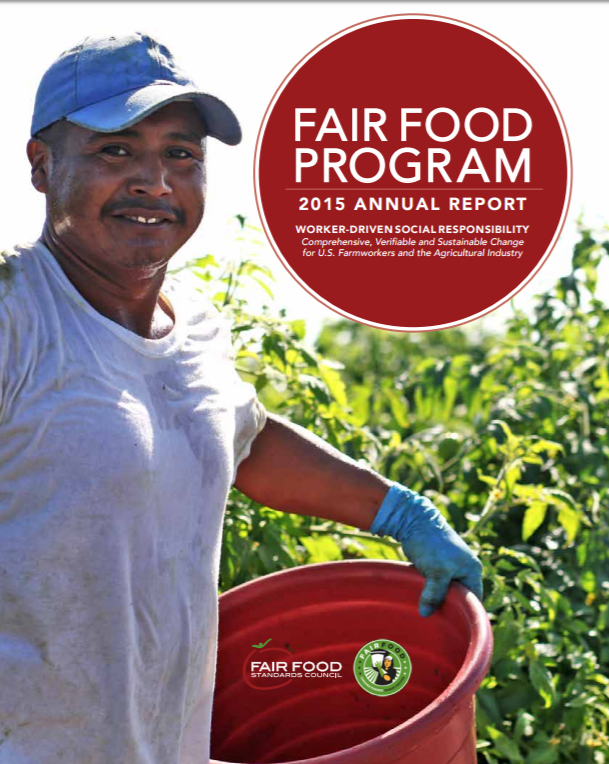Modern Slavery Reporting: Weak and Notable Practice
PublicationsUnder the Short Guides on Modern Slavery Reporting, CORE has developed this short guide aimed at providing an overview of o selection of weak and notable reporting practice from statements published to date. A random sample of modern slavery statem...Read More

